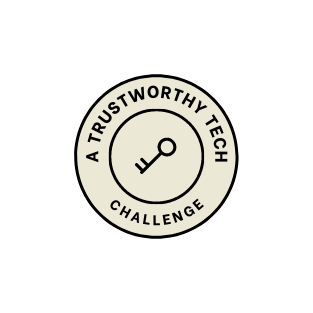
When are a tech company's practices fair? Complete our 10-minute challenges.


Certain businesses and professionals—such as doctors and lawyers–who hold specialized knowledge or power are recognized as fiduciaries, and as such have a duty of loyalty to their patients and clients. They must prioritize the interests of their clients over their own interests, even where those interests might, at times, conflict with their own. For example, a medical patient should be able to trust that their doctor will not pursue an unnecessary, harmful, or needlessly expensive treatment plan on the basis of, say, a commission from a vendor. Recently, some scholars have argued that digital businesses, especially those which deal “not in money but in information,” should hold this same duty of loyalty to the ordinary people who use their products as “information fiduciaries.” It raises the question: should these duties be enacted in law, what should they look like? Through our challenges, you can help us answer exactly that question!
These challenges are in part inspired by MIT Media Lab's Moral Machine project.
Challenge instructions, including conditions for participating, are included before the challenges.
Our work is guided by the following core principles and approach:
This is why we started A Trustworthy Tech Challenge, with the goal of crowdsourcing digital citizens’ perspectives on whether and how an information fiduciary duty should be realized.
The specifics of an information fiduciary duty might vary depending on the type of technology – e.g. a dating app vs. a ride-sharing app and the type of data practice, whether collection or use. We explore all of them in our challenges.
Users are not the only stakeholders that matter; information fiduciaries will affect digital businesses themselves. In our challenges, we adopt and explore this perspective, too, with the hope of ultimately building a solution that unites differing perspectives.
That’s why, at the end of each challenge, we give you the option to share demographic data with us, including your age, gender identity, education, and income level. It’s not required, and we ask only to look at how our results change (if at all) across different identities.
Recently, some scholars have argued that digital businesses, especially those which deal “not in money but in information,” should, much like doctors and lawyers, hold a duty of loyalty to the ordinary people who use their products as “information fiduciaries.” It raises the question: should these duties be enacted in law, what should they look like? Through our challenges, we hope to answer those very questions.
For folks that are interested in learning more about the information fiduciaries concept/a duty of loyalty for privacy law, we've compiled some popular resources below. If you have a suggestion for a resource to add, please contact us and let us know about it!
Have a question or concern about our work? We’d love to hear from you. Send us a message, or shoot our team an email at trustworthytechchallenge@cyber.harvard.edu.